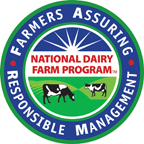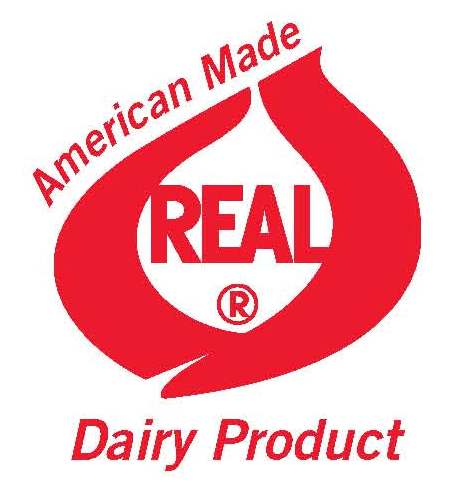LAKE BUENA VISTA, FL – The National Milk Producers Federation’s (NMPF) Board of Directors seated two new members this week at the organization’s 2012 annual meeting here in Orlando.
Donald De Jong from Dalhart, Texas was elected to represent Select Milk Producers, Inc., while Larry Webster from Buffalo, New York, was elected to represent Upstate Niagara Cooperative.
The eight officers currently serving NMPF were reelected to their existing positions. They include:
- Chairman Randy Mooney, from Rogersville, Missouri, representing Dairy Farmers of America;
- First Vice Chairman Ken Nobis, from St. Johns, Michigan, representing Michigan Milk Producers Association;
- Second Vice Chairman Cornell Kasbergen, from Tulare, California, representing Land O’ Lakes, Inc.;
- Third Vice Chairman Mike McCloskey, from Fair Oaks, Indiana, representing Select Milk Producers, Inc.;
- Treasurer Pete Kappelman, from Two Rivers, Wisconsin, representing Land O’ Lakes;
- Assistant Treasurer Adrian Boer, from Jerome, Idaho, representing Northwest Dairy Association;
- Secretary Dave Fuhrmann, from Baraboo, Wisconsin, representing Foremost Farms USA;
- Assistant Secretary Doug Nuttelman, from Stromsburg, Nebraska, representing Dairy Farmers of America.
In addition to the officer elections at this year’s meeting, NMPF recognized three outgoing directors for their service on the NMPF Board of Directors: Tom Croner, from Berlin, Pennsylvania, and Les Hardesty, from Greeley, Colorado, both representing Dairy Farmers of America, and Clyde Rutherford, Syracuse, New York, representing Dairylea Cooperative. NMPF also recognized four Honorary Directors, who provided exemplary service not only to NMPF, but also to the entire dairy industry: Lew Gardner from Galeton, Pennsylvania; along with Tom Croner, Les Hardesty, and Clyde Rutherford.
In other news at the NMPF annual meeting, a Parmesan cheese made by Associated Milk Producers Inc. (AMPI) was awarded the Grand Champion Cheese award at the 2012 NMPF cheese competition. The cheese, made in Hoven, South Dakota, received a score of 99.0 from the judges. The AMPI Parmesan was selected from among 176 entries to this year’s NMPF cheese contest – a record number of entries. A total of 3006 pounds of cheese was judged.
The 2012 NMPF Communicator of the Year award was presented to Amber DuMont Sheridan of Maryland & Virginia Milk Producers Cooperative Association in Reston, Virginia. In addition to directing Maryland & Virginia’s communications, Sheridan also oversees its Young Cooperator program.
Members of NMPF’s new 2013 Young Cooperator (YC) Advisory Council met to elect their officers for the upcoming year. Kris and Carla Wardin, from St. Johns, Michigan, representing Michigan Milk Producers Association, were chosen to be the new YC Chaircouple. Nathan and Barbara Blesy, from Springville, New York, representing Upstate Niagara Cooperative, were elected YC Vice Chaircouple. David and Katherine Pyle, from New Columbia, Pennsylvania, representing Land O’Lakes, were elected Secretary Couple.
The National Milk Producers Federation (NMPF), based in Arlington, VA, develops and carries out policies that advance the well being of dairy producers and the cooperatives they own. The members of NMPF’s 30 cooperatives produce the majority of the U.S. milk supply, making NMPF the voice of more than 32,000 dairy producers on Capitol Hill and with government agencies.

 Additional Materials Available Online
Additional Materials Available Online







